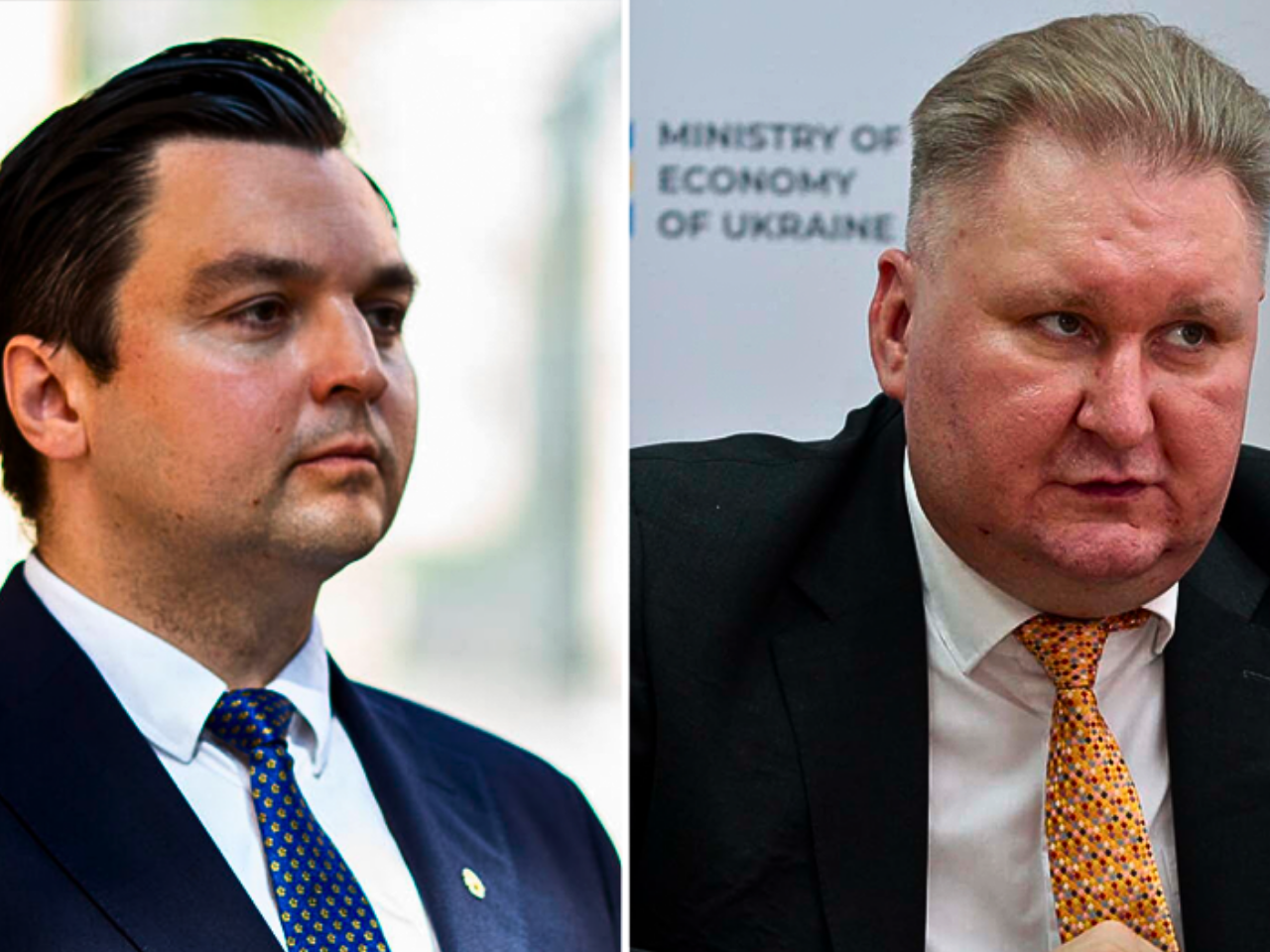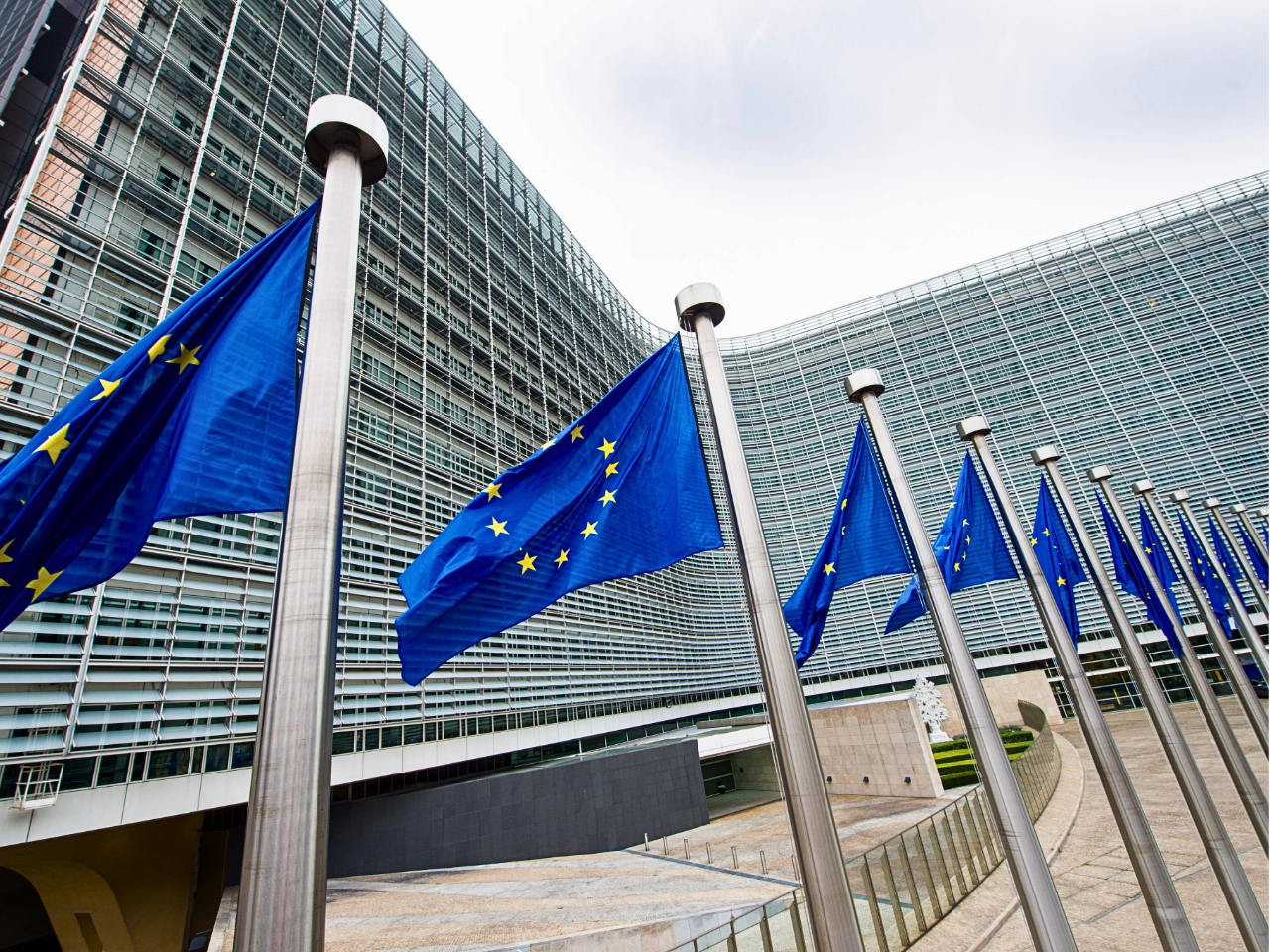EU and Jordan Sign €500 Million Macro-Financial Aid Package to Boost Economic Stability
The European Union has finalized for Jordan a new €500 million macro-financial aid (MFA) package to help Jordan strengthen its economy and pursue structural reforms. The agreement signed in Amman represents the fourth MFA program provided to Jordan and underlines the long-term commitment of the European Union under the European Union's Jordan strategic and comprehensive partnership. With the expectation of the first payment within a month, more than two and a half years of support will be issued in three installments. Jordan's disbursement in implementing alignment reforms with its national priorities is conditional.
Focus areas include public finance management, governance and anti-corruption, social security, green transition, and improvement in the business environment. The European Union and International Monetary Fund (IMF) will be jointly monitored. Jordan continues to face economic pressures associated with regional instability and the cost of hosting a large number of refugees. Since 2014, the European Union has already provided more than €1 billion in MFA assistance, including the financial changes of the country's weather, including the Covid-19 pandemic. To enhance Jordan’s persistent cooperation with the IMF through this new package.
To enhance Jordan’s persistent cooperation with the IMF through this new package.The European Commission has also proposed an additional €500 million fifth MFA program, which, if approved by the European Parliament and the Council, may support Jordan. The European Union (EU) will provide a €1 billion fund in the upcoming years. To enhance Jordan’s persistent cooperation with the IMF through this new package. Under its extended fund facility (EFF), Jordan has received about $400 million from USD 1.3 billion. In June 2025, the IMF also approved a 700 million flexibility and stability facility to support improvements in energy, water, and emergency preparations. By adding funds to average on status reforms, the European Union aims to increase the fiscal stability of Jordan, acts as a notable partner for steadiness in the Middle East by promoting permanent growth, and enhances flexibility.
Latest News
Hyundai Motor Group Boosts US Investment to $26 Billion, Creating 25,000 Jobs
Hyundai Motor Group revealed it plans to increase its investment in the United States to $26 billion by 2028, reinforcing its presence in the U.S. automotive, steel, and robotics segments while indicating South Korea’s growing economic relationship with Washington. This loyalty marks a $5 billion increase over the $21 billion package disclosed in March
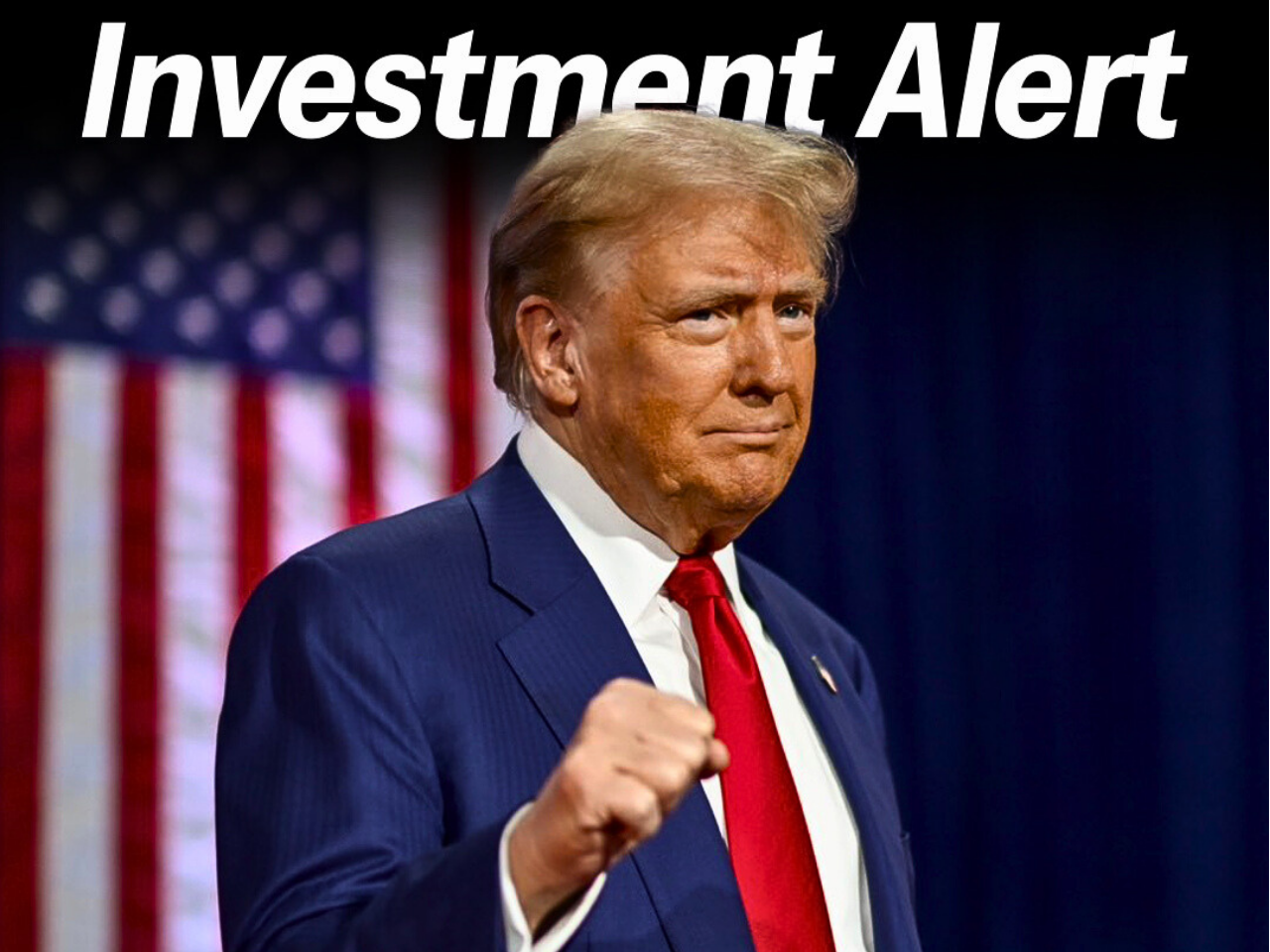
Ukraine and Lithuania Strengthen Defense Ties with Historic Agreement
Agreement was signed between the Ukrainian and Lithuanian governments, creating a way for joint defense productivity, and with the help of art drone technologies, it will analyze the developing state for significant progress on Kyiv’s strategy under several areas for cooperation through the agreement
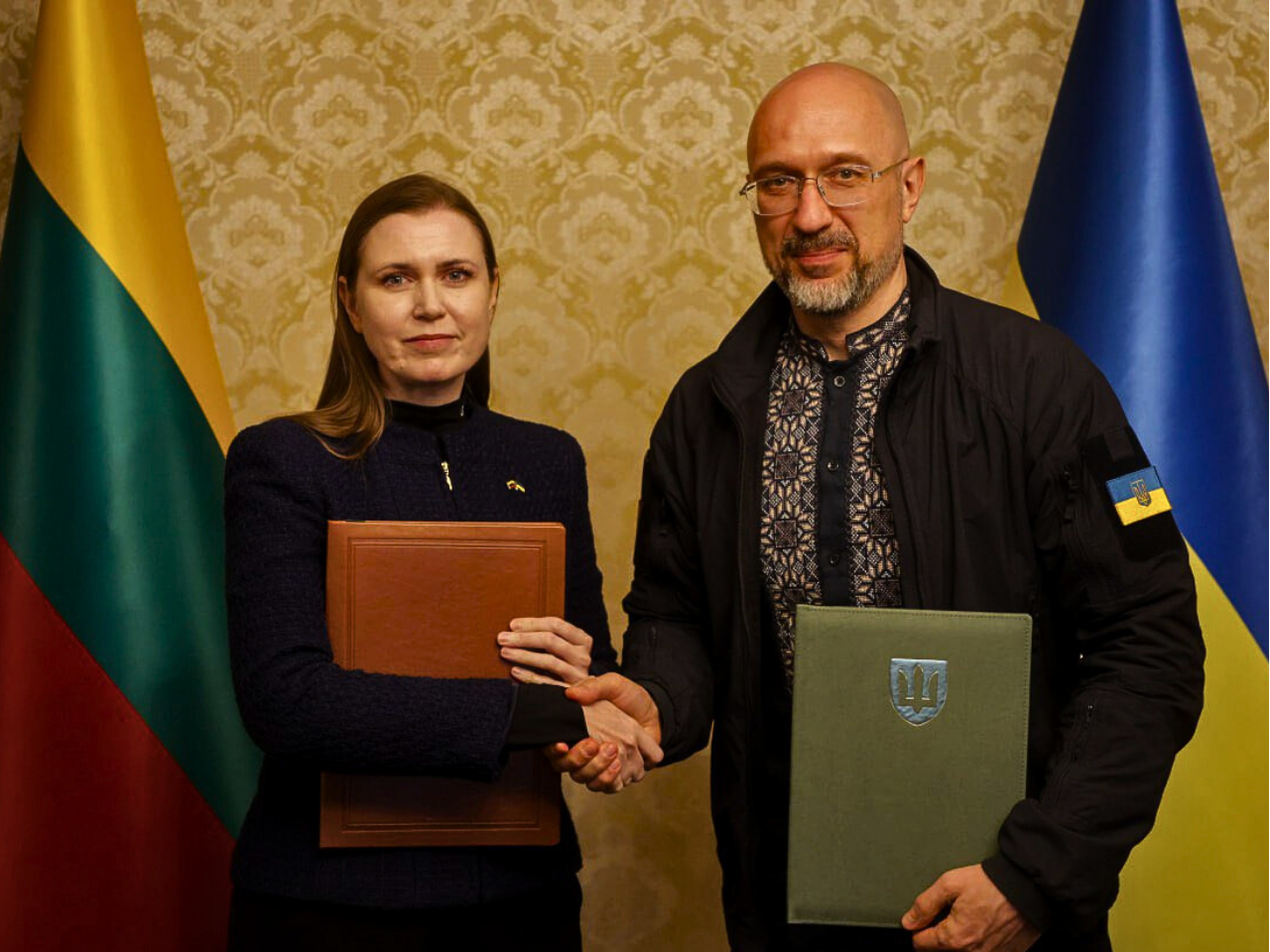
US-EU Landmark Trade Deal: Tariffs Capped, Energy Exports Soar
The European Union announced a $600 billion investment directed towards American strategic sectors such as infrastructure, clean energy, and advanced technology with a view to deepen transatlantic cooperation. Strategically, the deal is seen as a domestic win in Washington that protects jobs, opens new markets, and stops a growing business from war
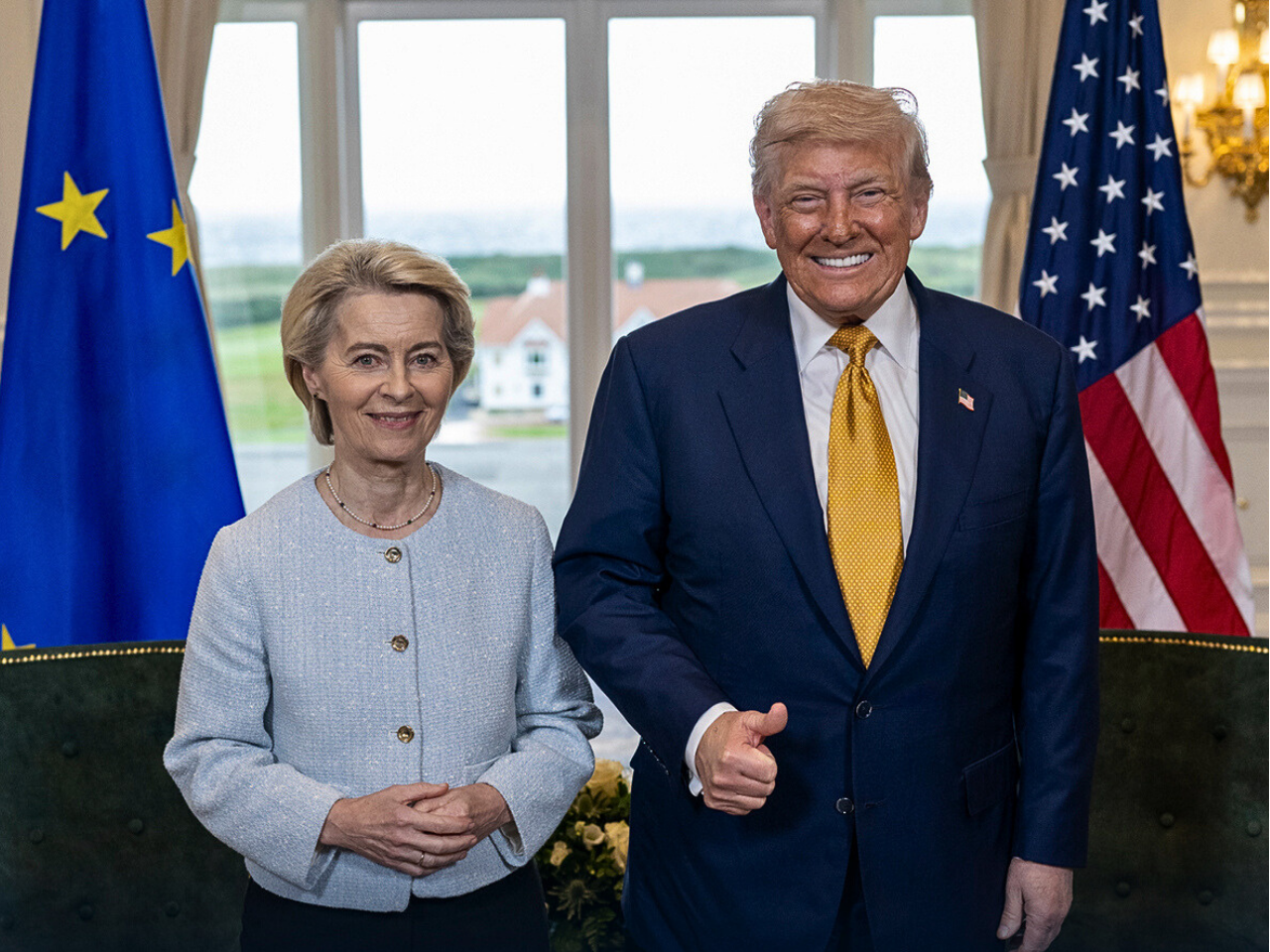
Gaza Hunger Crisis: UN Agencies Confirm Famine Amid Devastating Conflict
UNICEF estimates that more than 12,000 children were the most malnourished monthly in July since the conflict began. The rate of ruin due to lack of nutrition has been multiplied several times since the beginning of 2025. The latest Integrated Food Safety Classification (IPC) analysis found that more than 640,000 people are facing famine-level food insecurity, a figure expected to move forward if human reach does not improve
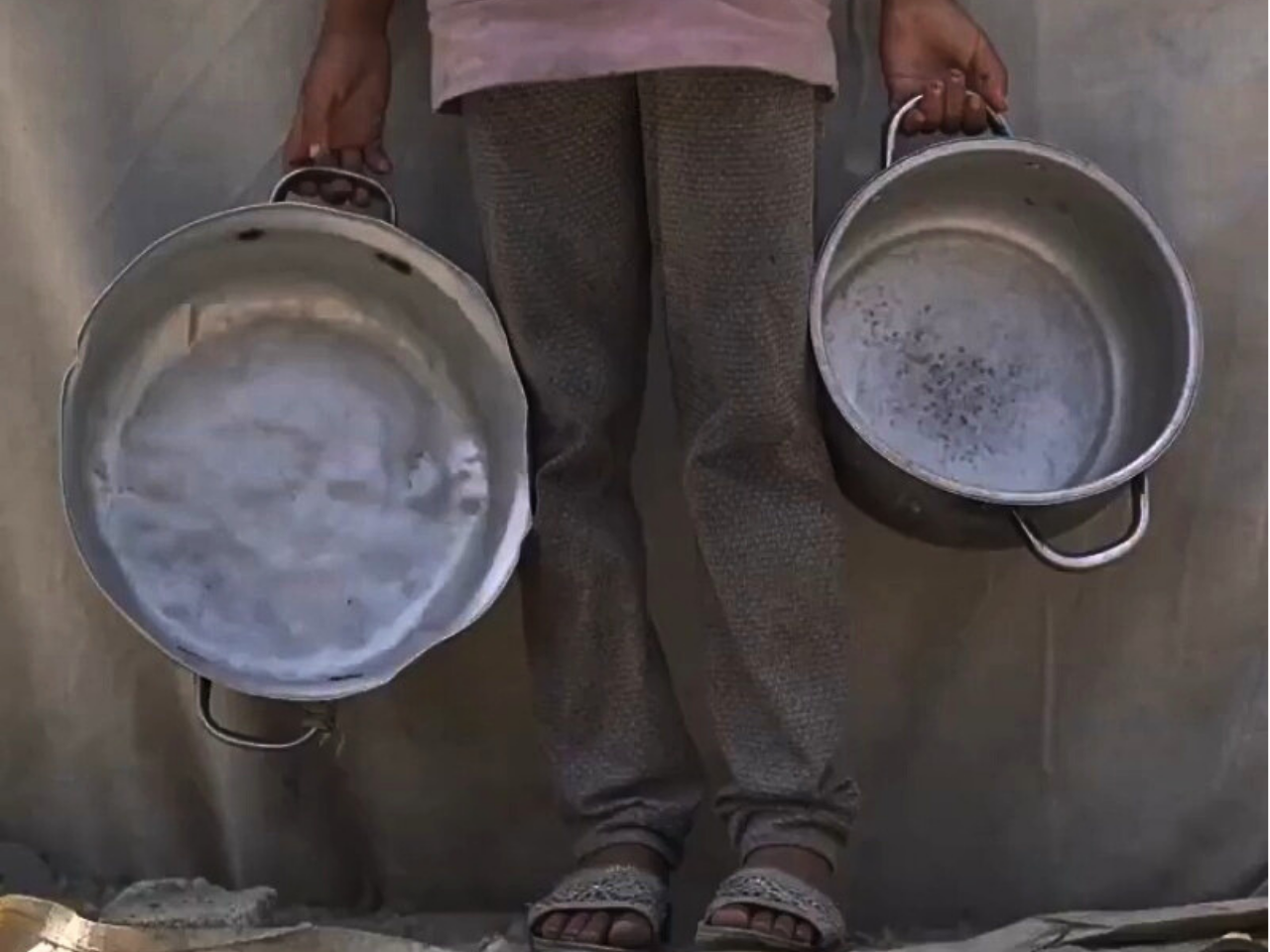
Scotland Takes a Step Forward: £228,000 Fund Empowers Flexible Working Revolution
The Scottish government has introduced three pilot projects designed to assist individuals, especially people with disabilities and people with long-term health issues, in securing jobs, staying employed, and moving forward in their careers. Collectively, the programs will receive £228,000 in government support to encourage flexible working methods and increase workforce diversity in various fields

Finland & Ukraine Unite: Strengthening Ties for a Secure European Future
A strong partnership between Finland and Ukraine, including Finland's continuous support for Ukraine, the status of bilateral relations, intensive integration with the European Union towards Ukraine's passage, and Russia's wide international status of the ongoing war shaping the involvement of Russia
